Using previously unreleased archival material in addition to contemporary interviews, this Academy Award-winning documentary tells the story of the Frank family and presents the first fully-rounded portrait of their brash and free-spirited daughter Anne, perhaps the world's most famous victim of the Holocaust.
Related Movies

Night and Fog (1959)
Filmmaker Alain Resnais documents the atrocities behind the walls of Hitler's concentration camps.
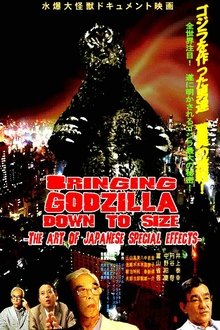
Bringing Godzilla Down to Size: The Art of Japanese Special Effects (2008)
A look at the unrecognized work of the talented artists and craftsmen who've maintained the tradition of Japanese special-effects. Highlighted is Yasuyuki Inoue along with various crew members who crafted meticulously detailed miniatures and risked life and limb as suit actors. All done to bring to life some of film's most iconic monsters through a distinct Japanese artform.
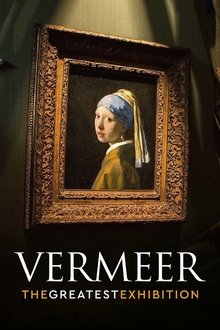
Vermeer: The Greatest Exhibition (2023)
With loans from across the world, this major retrospective will bring together Vermeer’s most famous masterpieces including Girl with a Pearl Earring, The Geographer, The Milkmaid, The Little Street, Lady Writing a Letter with her Maid, and Woman Holding a Balance. This film invites audiences to a private view of the exhibition, accompanied by the director of the Rijksmuseum and the curator of the show.
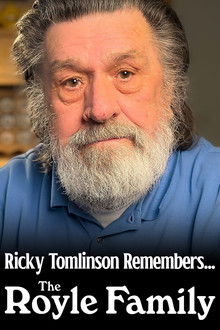
Ricky Tomlinson Remembers... The Royle Family (2023)
Ricky Tomlinson sits back in his chair and takes a fond look back at the much-loved comedy series The Royle Family, sharing his memories of playing head of the family Jim Royle and his experiences working with the show’s co-creator Caroline Aherne, who, as well as writing the show with co-star Craig Cash, also played Jim’s daughter Denise. Ricky talks about how a chance encounter helped him get the part of Jim, recounts what it was like filming some of the show’s most iconic moments, and tries to get the bottom of the origins of Jim’s famous, below-the-belt catchphrase.
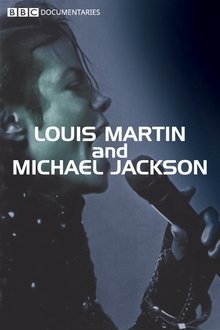
Louis, Martin & Michael (2003)
Louis Theroux sets out on a personal quest to meet the ultimate pop idol - Michael Jackson - and examine the often bizarre world that surrounded him and those that worshipped at his altar. The journey began in the summer of 2002 with a simple phone call to Uri Geller - a personal friend of Jackson's - to fix a meeting for Louis. What happened next resulted in a fantastical trek into a weird world of characters who orbited around the 'King of Pop'. Majestic Magnificent, Michael's personal magician, could be the gatekeeper to a meeting or just a fraud. Would Louis, a lifelong fan of Jackson, eventually meet his hero?

Counter Shot: Departure of the Filmmakers (2008)
Documentary about filmmakers of the New German Cinema who were members of the legendary Filmverlag für Autoren (Film Publishing House for Authors). Among them are Werner Herzog, Rainer Werner Fassbinder, and Wim Wenders.

The Making of "Dungeons and Dragons" (2001)
Produced for the "Dungeons and Dragons" Special Edition DVD. This video gives fantasy film and game fans a behind-the- scenes look at the making of the hit movie based on the classic Dungeons and Dragons role-playing game. Includes interviews with star Jeremy Irons, as well as other members of the cast and crew, who share their experiences with bringing the game to the silver screen.
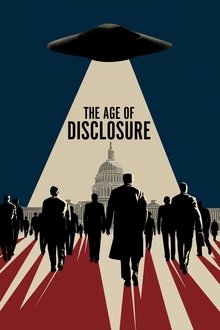
The Age of Disclosure (2025)
Director Dan Farah got 34 senior members of the U.S. Government, military, and intelligence community to come on camera. He says they reveal an 80 year cover-up of the existence of non-human intelligent life and a secret war amongst major nations to reverse engineer technology of non-human origin. The film explores the profound impact the situation has on the future of humanity, while providing a look behind-the-scenes with those at the forefront of the bi-partisan disclosure effort.

Elie Wiesel Goes Home (1997)
A documentary chronicling the adolescent years of Elie Wiesel and the history of his sufferings. Eliezer was fifteen when Fascism brutally altered his life forever. Fifty years later, he returns to Sighetu Marmatiei, the town where he was born, to walk the painful road of remembrance - but is it possible to speak of the unspeakable? Or does Auschwitz lie beyond the capacity of any human language - the place where words and stories run out?
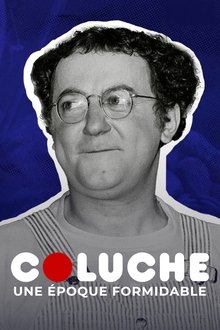
Coluche, une époque formidable (2021)
Documentary on the French comedian, actor, humanitarian and legend Coluche.
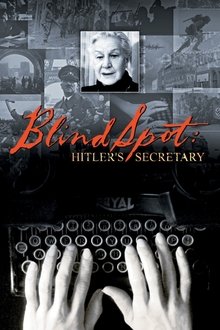
Blind Spot: Hitler's Secretary (2002)
Documentarians Andre Heller and Othmar Schmiderer turn their camera on 81-year-old Traudl Junge, who served as Adolf Hitler's secretary from 1942 to 1945, and allow her to speak about her experiences. Junge sheds light on life in the Third Reich and the days leading up to Hitler's death in the famed bunker, where Junge recorded Hitler's last will and testament. Her gripping account is nothing short of mesmerizing.
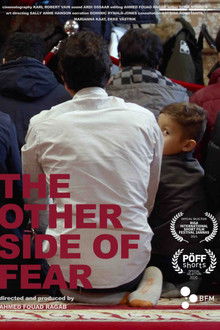
The Other Side of Fear (2020)
The Other Side of Fear signifies the actions which incite religious violence and broaden the divide of cultural and moral beliefs in society. The film shadows two clashing perspectives both of which are searching for safety in their own communities and these perspectives blend testimonies of trauma and manifestos of power. By using poetic documentation, the director acknowledges that there are more than two sides to every story and intertwines these sentiments, embodiments and experiences into one journey to understand what is happening behind the doors of communities the other hasn’t experienced.

Modern Life (2008)
For ten years, Raymond Depardon has followed the lives of farmer living in the mountain ranges. He allows us to enter their farms with astounding naturalness. This moving film speaks, with great serenity, of our roots and of the future of the people who work on the land. This the last part of Depardon's triptych "Profils paysans" about what it is like to be a farmer today in an isolated highland area in France. "La vie moderne" examines what has become of the persons he has followed for ten years, while featuring younger people who try to farm or raise cattle or poultry, come hell or high water.
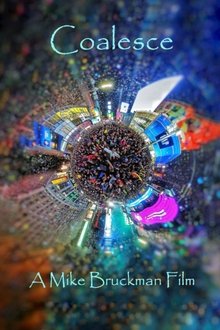
Coalesce (NaN)
In 2020, the World was closed. Life got cancelled. People were struggling. Here’s an emotional and entertaining true story shot live, during the pandemic, about courageous people who came together, despite the risk, to share their love with one another. The film opens in Times Square on NYE 2020. Everything seemed right with the World. Fast-forward six months into the pandemic, hundreds of artists from all different performance art genres are invited to come together over the course of several consecutive days, culminating in a group costume parade event on 10/10/2020 to witness the only live performances happening ANYWHERE. The goal was to lift each other's spirits during the 2020 Covid-19 pandemic. There were over a dozen genres represented including acrobatics, live music, magic, dance, and even a wedding. Dozens of unscripted live interviews were recorded and the event proved a huge success. The film captures the rawness of what it was like living during this unprecedented time.
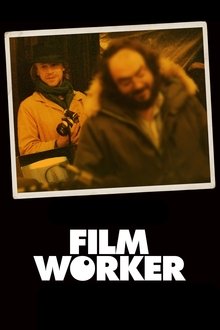
Filmworker (2018)
The story of Leon Vitali, who surrendered his promising acting career to become Stanley Kubrick's devoted right-hand man.
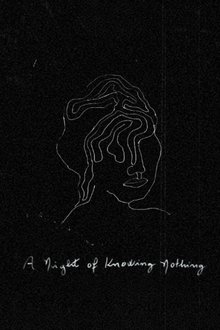
A Night of Knowing Nothing (2022)
L, a student in India witness to the government's violent response to university protests, writes letters to her estranged lover while he is away.

Fascism in Colour (2006)
After the World War I, Mussolini's perspective on life is severely altered; once a willful socialist reformer, now obsessed with the idea of power, he founds the National Fascist Party in 1921 and assumes political power in 1922, becoming the Duce, dictator of Italy. His success encourages Hitler to take power in Germany in 1933, opening the dark road to World War II. (Originally released as a two-part miniseries. Includes colorized archival footage.)
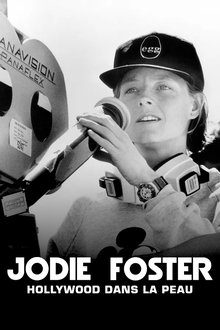
Jodie Foster - Hollywood under the skin (2021)
From her precocious status as a sex symbol to her consecration as a filmmaker, Jodie Foster's story is about a feminist struggle, albeit atypical, fought on and off the screen. This film sets out to retrace her remarkable journey within the Hollywood industry.
